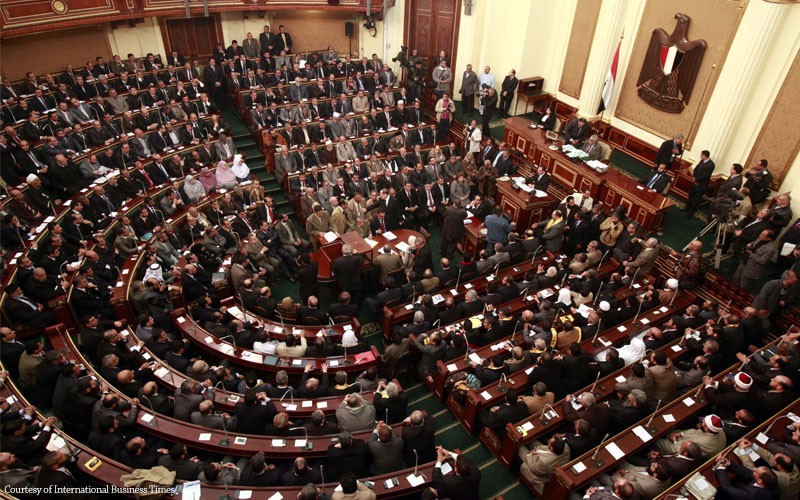Female genital mutilation is a big social and health problem being faced in Egypt. In 2015, the Egyptian Health Officials announced that 92% of Egyptian women have undergone FGM. According to a UNICEF report, FGM can lead to problems with menstruation, intercourse, childbirth, and in some cases, death.
“What medical education tells doctors about banning female circumcision?” Dalia Abdel-Hamid
FGM has been illegal since 2008, however last Sunday the Egyptian cabinet proposed an amendment to the law banning FGM, which would then make it a crime rather than just a wrongdoing. Now, those who practice FGM can get up to 15 years in prison.
Following the amendment proposal, all kinds of reactions were given. Although from a surfaced view this seems to be good, rights groups believe that such a law will make little difference. According to an article written by The Guardian, lawyer Reda El Danbouki, who fought against Raslan Fadl – the first doctor to be sentenced in Egypt after killing a 13 year-old during a FGM procedure – believes that such a law will only encourage families to lie more and is not necessarily dealing with the core of the problem. Others such Dalia Abdel-Hamid from the Egyptian Initiative for Personal Rights, expanded on this thought and asked “what medical education tells doctors about banning female circumcision?” suggesting that dealing with the issue should begin at medical institutions.
“However, the most shocking response came from a member of parliament named Elhamy Agina, who not only supported FGM but is also for severe FGM practices.”
On one hand, such lawyers and rights groups are reacting to suggest different ways the issue can be solved and eliminated, however on the complete end of the spectrum members of parliament were found supporting FGM. Such include Salafi representatives who believe that FGM is an Islamic “Sunna” practice, although Islamic scholars have previously stated loudly it is rather not part of religion and actually wrong. However, the most shocking response came from a member of parliament named Elhamy Agina, who not only supported FGM but is also for severe FGM practices. When asked for the reason behind his support, he responded saying that Egyptian men have “sexual weakness” and therefore female sex drive reduction will help in compensating for that weakness. In an interview with host Tamer Amin on “Al Hayat Al Youm”, Elhamy confirmed having said that, and added, “I still insist on this belief”. He was then attacked for not only supporting FGM, but for humiliating Egyptian men with such a statement. According to Elhamy, such a statement on men is supported by research and is not humiliation as much as it is exposure to a health condition.
“From a bigger picture, we are left questioning, is the parliament’s formula, the strongest and the best it could be?”
We are glad to know that the Egyptian government is taking steps towards eliminating FGM. We value the responses of human right groups and lawyers who want to push the elimination of this social problem forward, however we are inevitably left wondering, why are people like Elhamy and other MPs who have previously made similar remarks on the issue, part of parliament? The parliament – which is a significant part of shaping Egypt and its laws – is meant to have clean and forward-thinking minds. From a bigger picture, we are left questioning, is the parliament’s formula, the strongest and the best it could be? Between 97-99% of the parliament’s members were for the increase of FGM punishment, but responses such as Elhamy’s show us that there is still room for improvement in the parliament’s composition – even if it’s very little.

